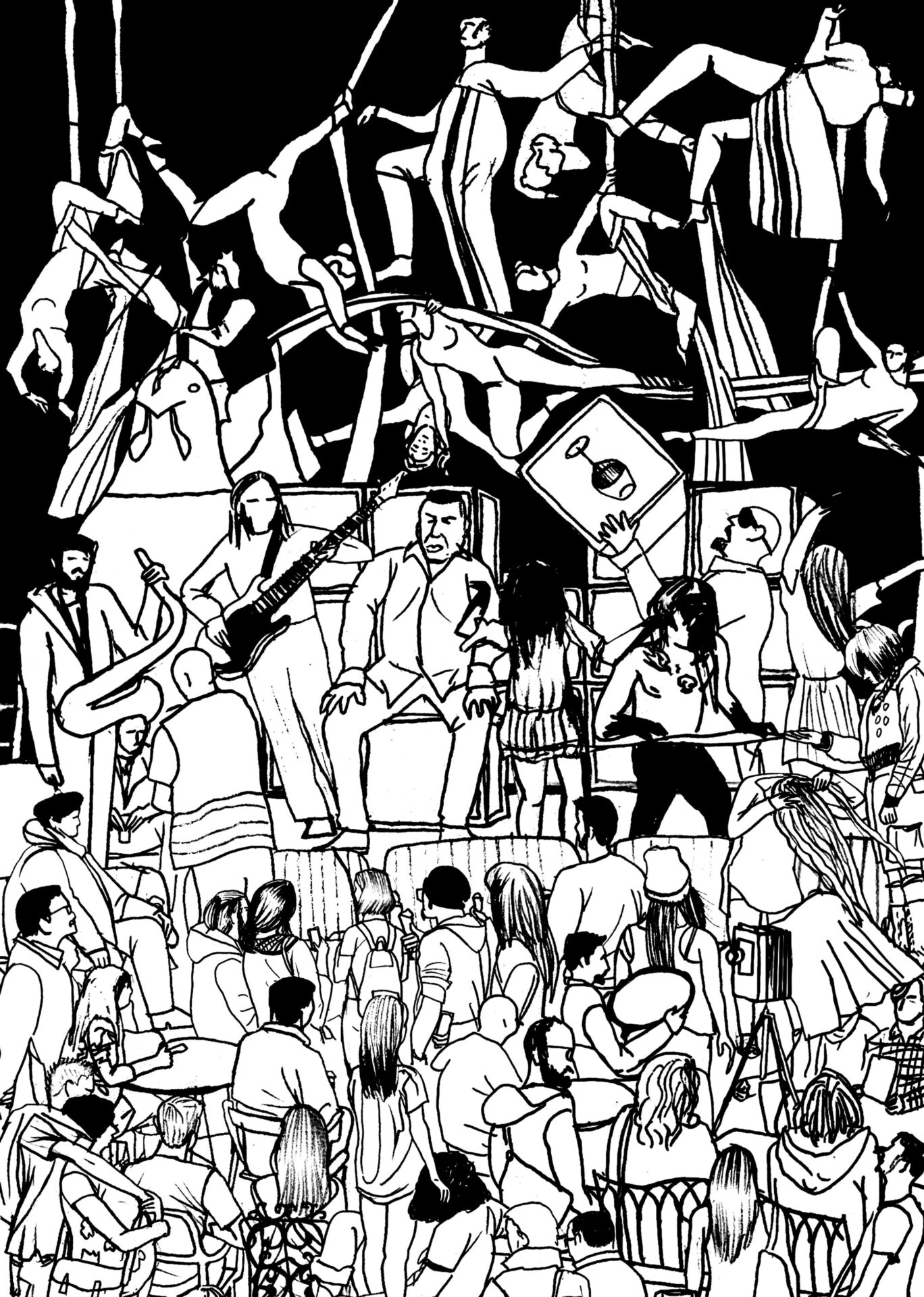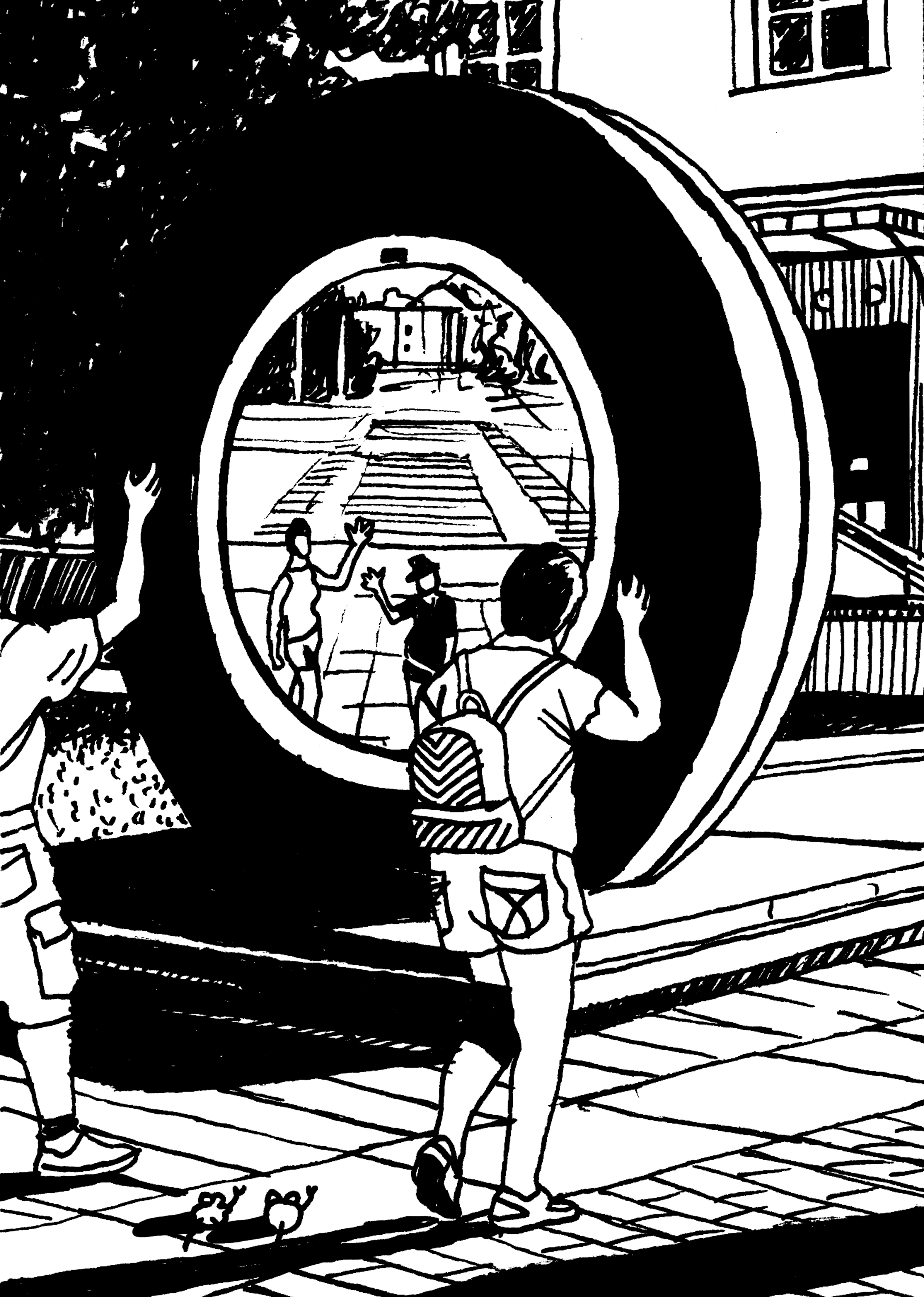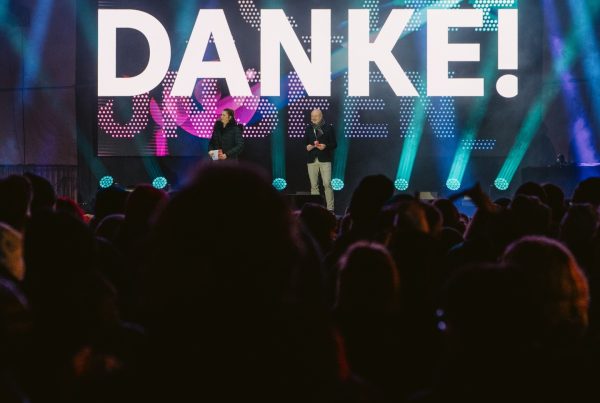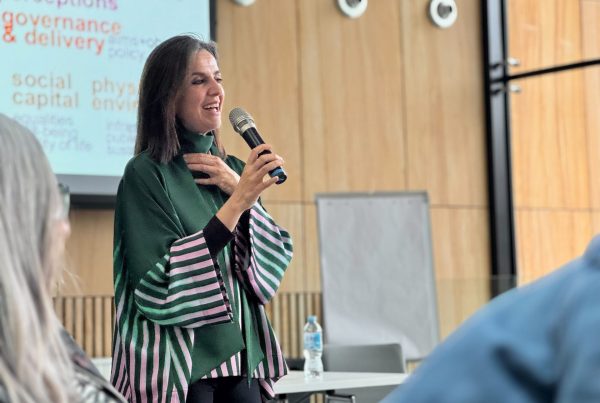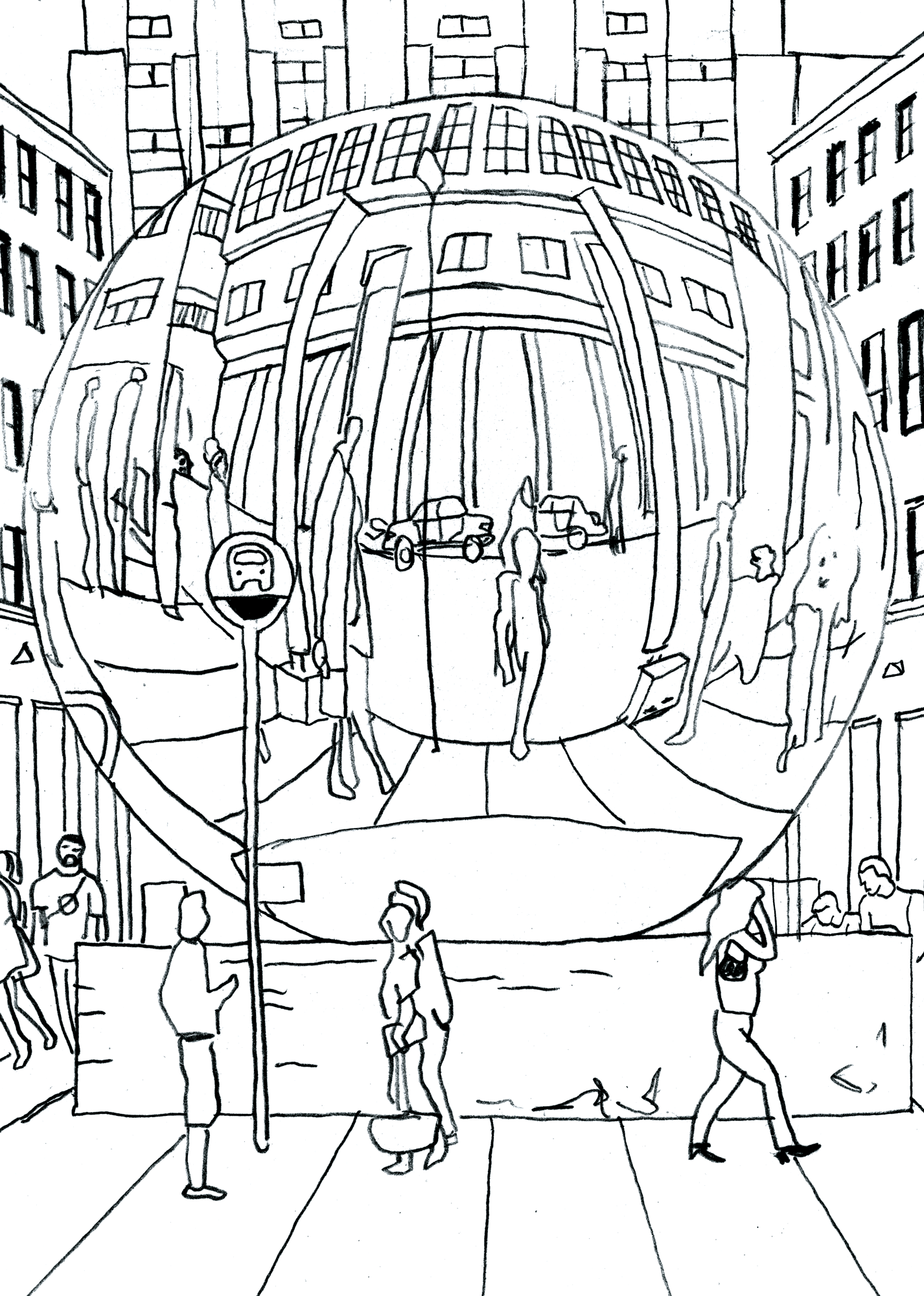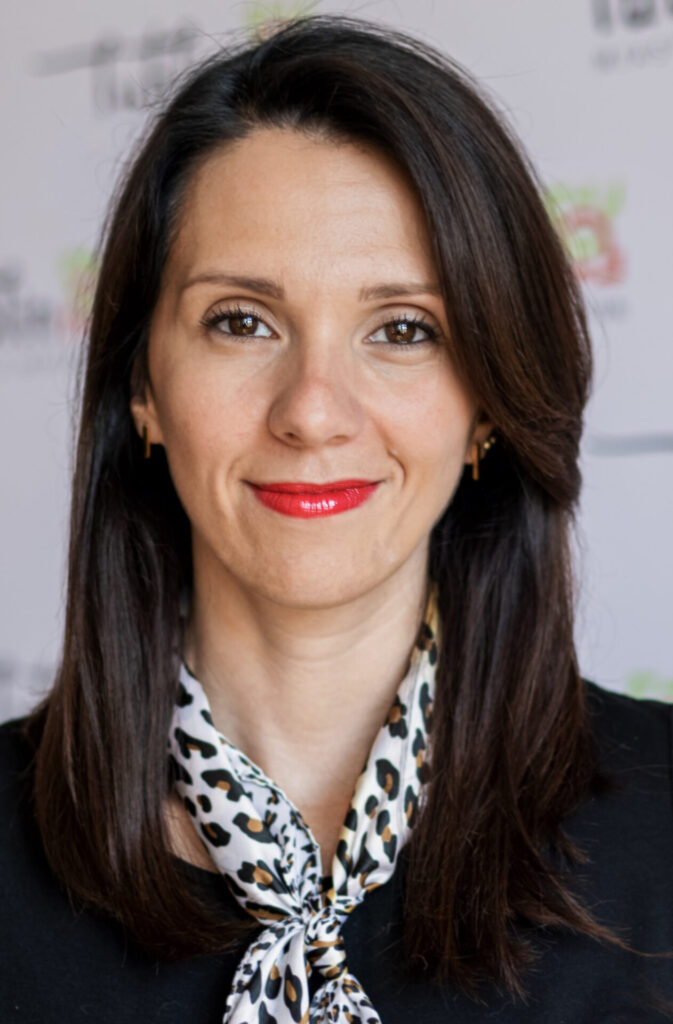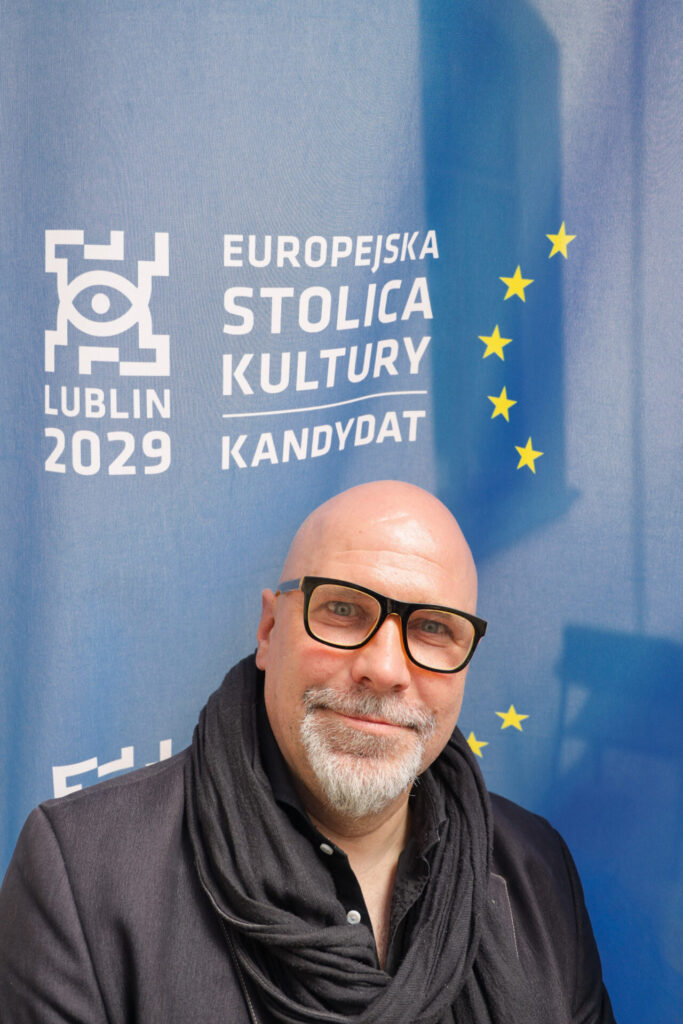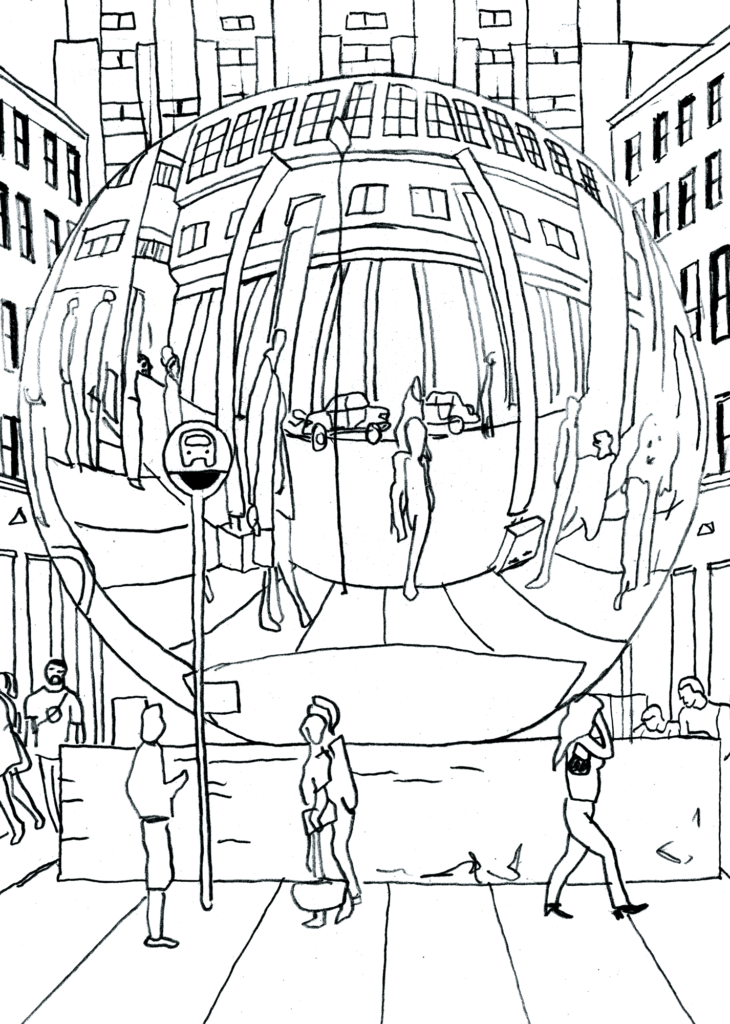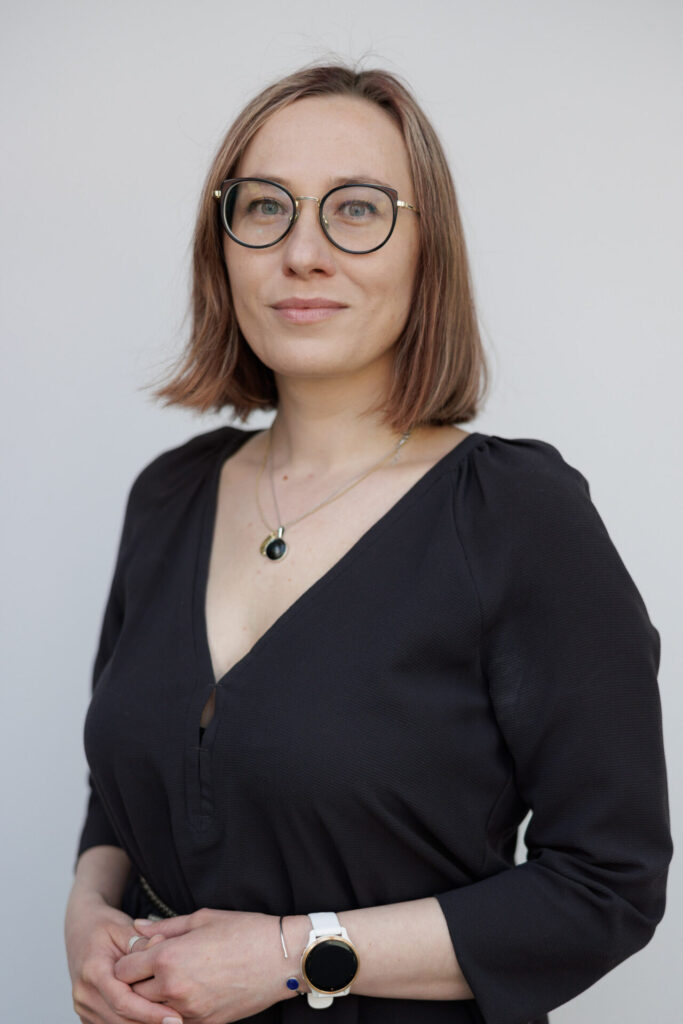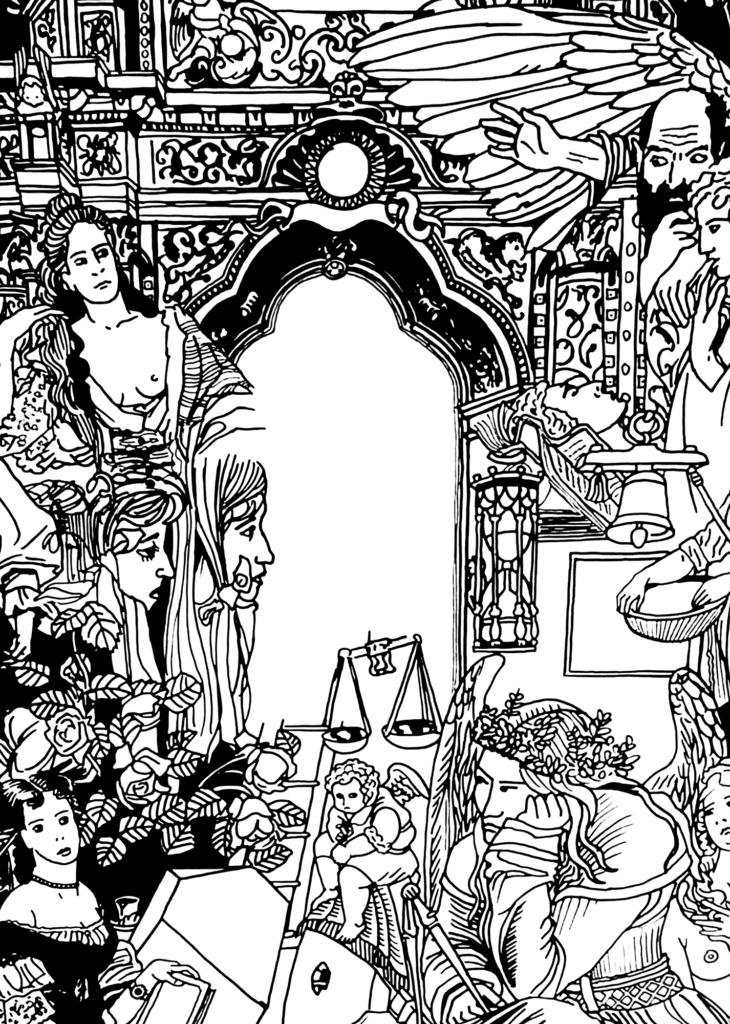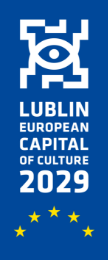The European Capital of Culture is an idea that has its origins in Greece in 1985. The annual ECoC celebrations in successive European cities are intended to strengthen the integration of the European Union and showcase the cultural heritage of the EU countries. Each European Capital of Culture prepares an annual programme demonstrating the cultural assets of the city, region, country, and its international and European contexts.
LATEST NEWS
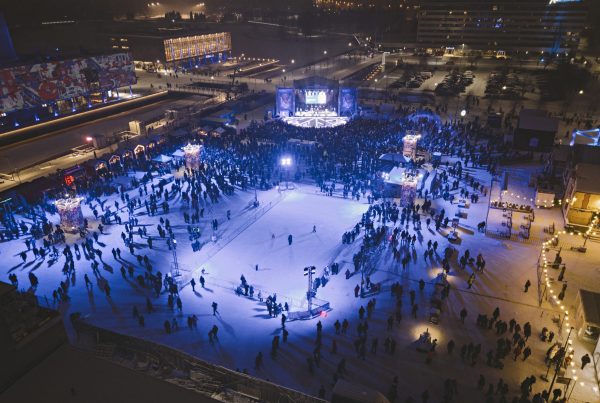
Cultural Climate Change Oulu 2026 Opening
Lublin in Local-SoMe’25
WHY LUBLIN?
Lublin is the Gate of the East, a city of a rich multicultural heritage. Here, in 1569, the Polish-Lithuanian Union, one of the first European unions, was formed. As a result of this, the Commonwealth was intended to be an equal state of Poles, Lithuanians, Ukrainians, and Belarusians. Obviously, the Jewish community, which lived here, must also be acknowledged for shaping its unique culture that evidently influences the city to this very day.
Below you may find the final application:

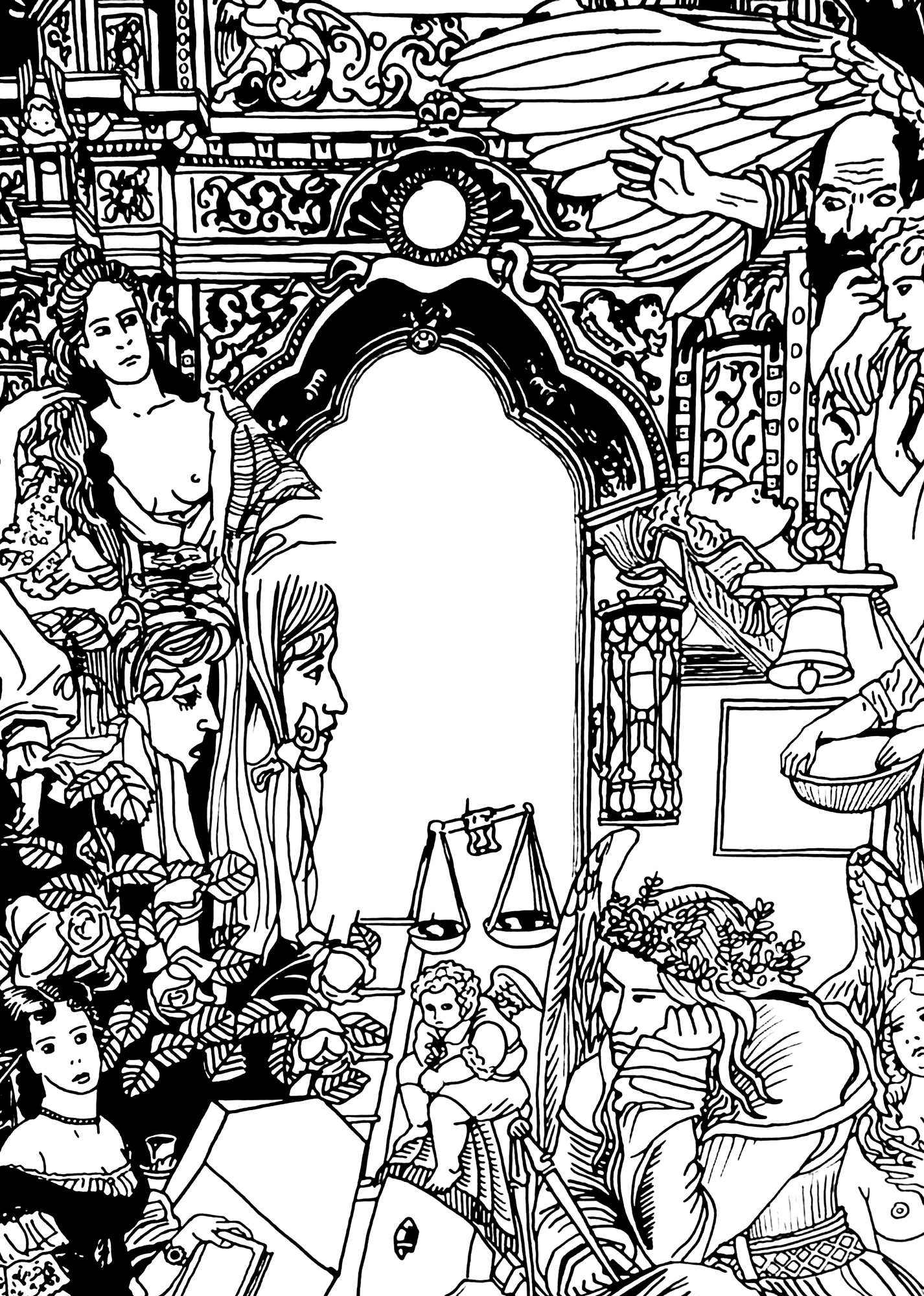
IDEA OF RE:UNION
RE:UNION is the slogan of the European Capital of Culture Lublin 2029. It stands for a meeting, a dialogue, mutual care and a new vision of the city. It is a return to the historic and pioneering concept of the Polish-Lithuanian Union, which is included in the motto “The free with the free, the equal with the equal”. We want Lublin 2029 to be a community of strong ties and authentic relationships between all Lublin’s residents, regardless of their religion and ethnicity.
- reintegration as a natural counteraction to the disintegration caused by the pandemic, crisis, and war
- increase in the quality, intensity, and frequency of interpersonal contacts
- accepting multiple value systems, norms, and assessments while recognizing their common points
- a new social contract where everyone feels, and is important
- building a real community
- a dialogue between various fields of art, cultures, generations, tradition, and modernity; the past and the future.
- a union of entities under a single banner and idea
- a meeting
